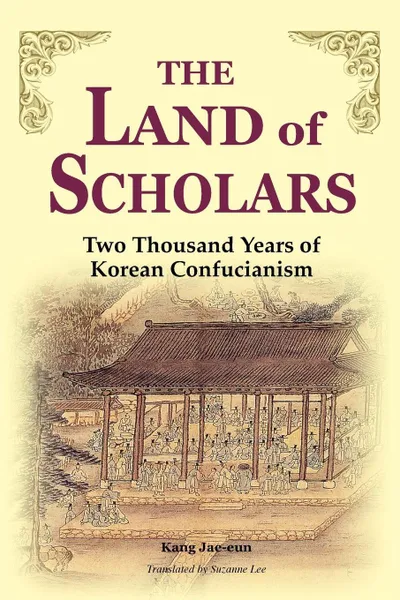The Land of Scholars 12+
2005
552 страницы
Категория: Религия
ISBN: 9781931907378
Язык: Английский
🔖 This book discusses the historical development of Korean Confucianism in terms of its social functions. It also examines the types of transfiguration Confucianism underwent and the role it played in each period of Korean history. The Land of Scholars spans from the Three Kingdoms period in 18 BC to the Joseon dynasty in 1910. The book not only gives a comprehensive and in-depth survey of the history of Korean Confucian thought but also touches on the transmission of Buddhism, Confucianism, and Christianity in Korea. Kang Jae-eun approaches the significance of Confucianism from the perspective of its cultural and social context. He explains Confucianism from a viewpoint that reflects on exchanges between Korea and Japan and the broader context of East Asian relationships. Kang also challenges the views of some Korean academics whose works on Confucianism are considered to be distortions and misinterpretations. ABOUT THE AUTHOR Born in 1926 in Korea, Kang Jae-eun earned his PhD in literature from Kyoto University in Japan. For twenty-two years, he has been the editor of Samcheolli (Three thousand li) and Cheonggu (Korea), quarterly magazines that act as a forum and compass for Korean residents in Japan. Professor Kang is regarded as one of the foremost historians that led the Japanese academia after the liberation of Korea. His other books include Modern Thoughts of Korea and A Study of the Modern History of Korea in Japanese. ABOUT THE TRANSLATOR A Korean-American, Suzanne Lee...
Мнения
